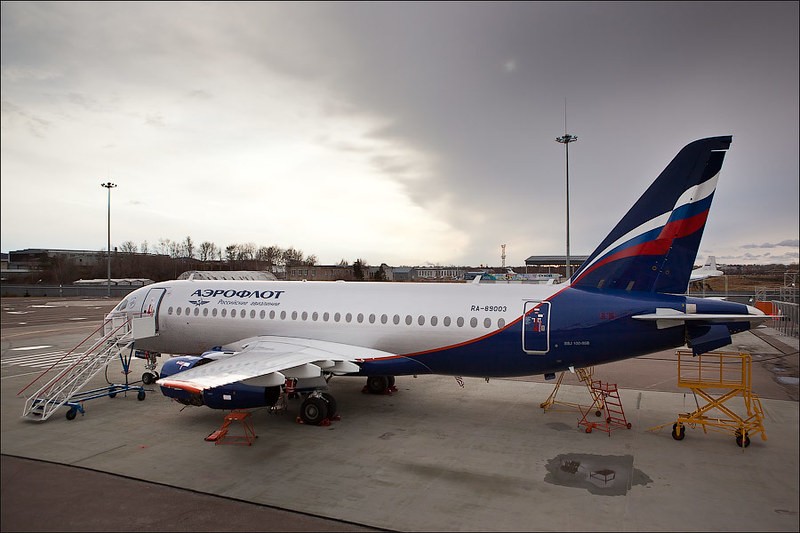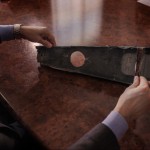After the newest wave of EU sanctions banned not only the sale of aircraft and parts to Russian companies but also access over EU airspace for Russian planes, the country’s airlines responded by absconding with more than 500 planes valued at over $10 billion before they could be repossessed by their lessors, Bloomberg reported on Tuesday.
Cut off from international markets, supply lines, and aviation insurance providers, Russia’s wings are essentially clipped, which may be why its airlines resorted to withholding more than 500 planes leased to them by foreign firms in order to mitigate their losses.
The news comes after Russia’s aviation regulator recommended on March 5 that all Russian airlines with planes leased from foreign carriers, and not registered in Russia, avoid flying overseas where the aircraft risked being detained upon arrival, according to TASS.
And so Aeroflot, Russia’s flag carrier, as well as the country’s other airlines, halted their international flights after ensuring that their leased aircraft were safely back and tucked away in Russian hangars.
“The Russian aviation sector is now on footing that is similar to North Korea and Iran — and similar to where it was under Soviet rule,” said Rob Stallard, an analyst at Vertical Research Partners, in response to the country’s actions.
In further defiance of the EU sanctions, the Kremlin also advised its airlines to re-register their foreign-owned aircraft, in what is seen as an effort to thwart the revocation of the planes’ certifications, Bloomberg reported.
The airline industry was amongst those most severely hit by the coronavirus pandemic; commercial flights in 2020 suffered a drop of almost 3 billion passengers and earned almost $400 billion less in revenue than the year before.
Although global air travel is on the rise again, the latest sanctions in response to Russia’s invasion of Ukraine means that the country will be unable to recoup its losses anytime soon.
Furthermore, the rating agency Fitch updated Aeroflot’s credit score on March 4 with a B-, down from the BB rating it was given on Oct. 27 last year.
Fitch similarly downgraded four other Russian transport companies the same day, stating that the “severity of international sanctions in response to Russia's military operations across multiple fronts in Ukraine represents a huge shock to Russia's credit fundamentals.”
And in expectation that Aeroflot’s credit rating will continue to fall should the invasion escalate, Fitch placed the Russian flag carrier on its Rating Watch Negative list.
Lessors have until March 28 to repossess their planes under the parameters set by the EU’s sanctions, although with the aircraft now parked in Russia, such an eventuality appears unlikely.
As a result, international aircraft lessors are faced with the reality that their Boeings and Airbuses, worth a combined $10.3 billion, are now out of their reach.
“The number one fear right now is that these aeroplanes are gone forever,” said Steve Giordano, managing director of Nomadic Aviation Group, a firm that specializes in aircraft repossessions.






